As an Appalachian African-American woman, Memphis Tennessee Garrison belonged to a category of persons who have been triply ignored by historians. The daughter of former slaves, she moved to Gary, West Virginia, at the age of eight and died at the age of 98 in Huntington, West Virginia. The coalfields of McDowell county were among the richest seams in the nation and Gary, home of U.S. Steel, was one of the largest mines in the country. As Garrison makes clear, the backbone of that workforce - those who laid the railroad tracks, manned the coke ovens, and dug the coal - were black miners. These miners and their families created communities that became the centres of the struggle for unions, better education, and expanded civil rights and Memphis Tennessee Garrison, an innovative teacher, administrative worker at U.S. Steel, and vice-president of the National Board of the NAACP at the height of the civil rights struggle (1963-66) was at the centre of all of these struggles. In many ways, this oral history, based on interview transcripts, is the untold and multidimensional story of African-American life in a West Virginia company town, as seen through the eyes of a remarkable woman.
Update RequiredTo play the media you will need to either update your browser to a recent version or update your Flash plugin.

Rebel Island SoulUnder the Influence: Reggae, Funk & Soul in Jamaica in the 1970sSoul Jazz Records

Glenn UndergroundAtmosfear (35th Anniversary Edition)Peacefrog

Glenn UndergroundThe Jerusalem EP’s (35th Anniversary Edition)Peacefrog

Paul JohnsonBump Talkin’ (35th Anniversary Edition)Peacefrog

Paul JohnsonFeel The Music (35th Anniversary Edition)Peacefrog

KNEECAPFENIANHeavenly Recordings

Fred JacksonHootin’ ‘N Tootin’Blue Note

Nightmares On Wax vs Adrian SherwoodIn A Space Outta DubWarp Records

Nightmares On WaxIn A Space Outta Sound [20th Anniversary Edition]Warp Records

Larry YoungMother ShipBlue Note

John Lee HookerThat’s My Story: John Lee Hooker Sings the BluesConcord

Fight The Fire: Digital Reggae, Conscious Roots and Dub in Nigeria 1986-91Various ArtistsSoundway Records

Stan Getz & Luiz BonfáJazz Samba Encore!Verve

Ryuichi SakamotoOPUSSony

Frank SinatraSongs for Swingin’ Lovers!Blue Note
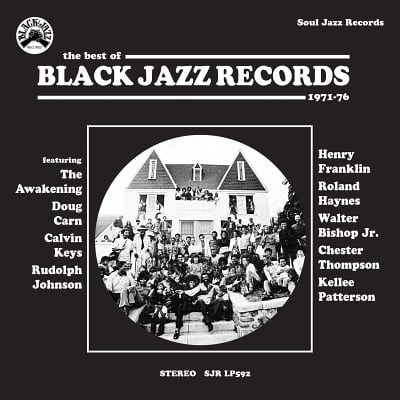
Black Jazz RecordsThe Best Of Black Jazz Records 1971-75Soul Jazz Records
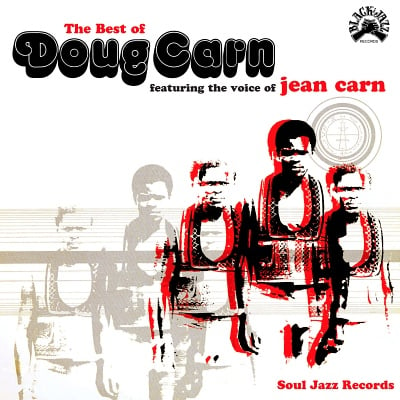
Doug CarnThe Best Of Doug CarnSoul Jazz Records

Astrud GilbertoThe Shadow Of Your SmileVerve

YeBULLYgamma.

Pharoah SandersElevationVerve

Mark RonsonLate Night FeelingsSony

Gabor SzaboSpellbinderVerve

Eddie PalmieriVamonos Pa'l MonteConcord

The ProdigyFirestarter [x30 Vinyl Edition]XL Recordings

John ColtraneThe Best Of John ColtraneConcord

Ranking BarnabasThe Cold CrusherJAMDUNG

Flying LotusBIG MAMABrainfeeder

Neil YoungGreatest HitsReprise Records

ShabakaOf The EarthShabaka Records

Barbara MooreBright & ShiningBe With Records
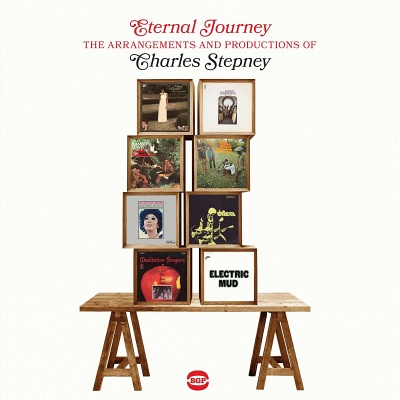
Charles StepneyEternal Journey - The Arrangements And Productions Of Charles StepneyVarious ArtistsBGP

Pan Afrikan People's ArkestraLive At Widney High December 26th, 1971The Village
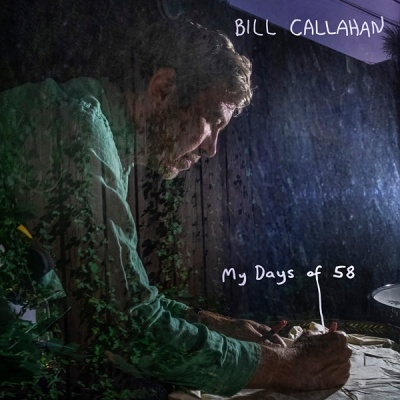
Bill CallahanMy Days Of 58Drag City

Jon LucienSearch For the Inner SelfKent

Death Is Not The EndA Night to Remember: UK Soundsystem Flyers, 1972-1994Death Is Not The End
37231
Memphis Tennessee Garrison The Remarkable Story of a Black Appalachian Woman
Ohio University Press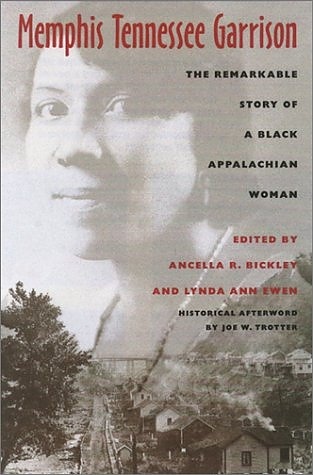
- Book (450g) 9780821413746£9.95 £6.00Out of stock Notify me when in stock
AnacaonaThe Amazing Adventures of Cuba's First All-Girl Dance Band by Alicia CastroAtlantic Books
Havana, 1932, and greengrocer Matias Castro, father of 13 children, is bankrupt. Cuchito, his eldest daughter, has the idea of starting an all-girl...
- Book (1.1kg) 9781843542421£15.00In stockAdd to Bag
